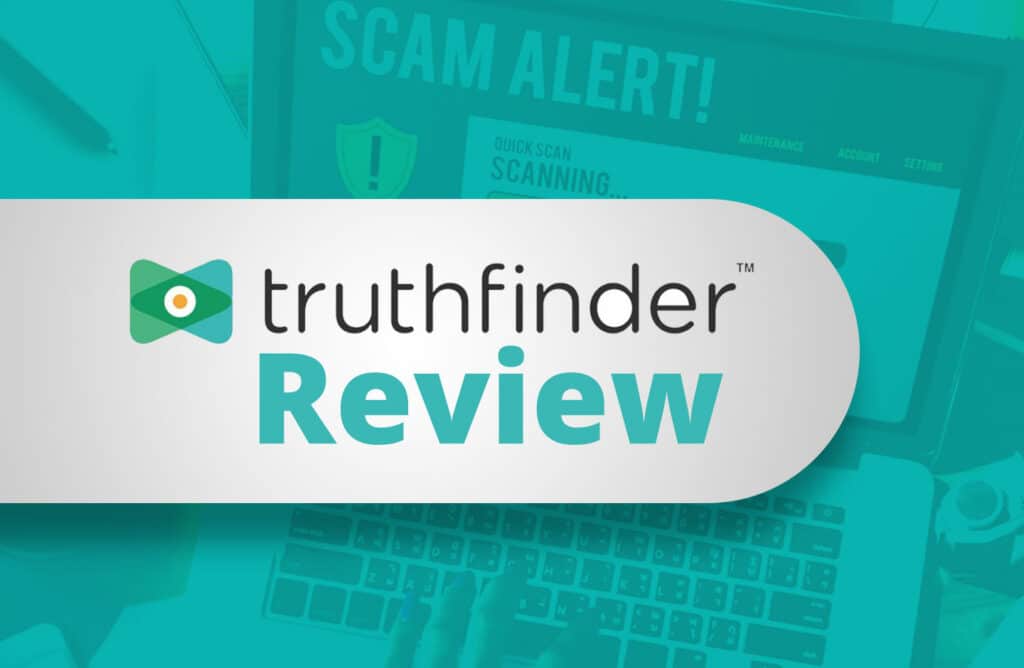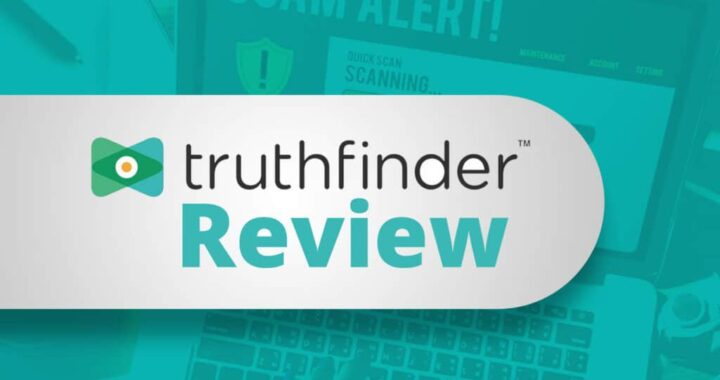Unlocking the Truth: What TruthFinder Can and Cannot Reveal About People

In today’s digital age, information about individuals is more accessible than ever. TruthFinder has emerged as one of the leading platforms in the digital public records space, making public information more accessible and understandable. But what exactly can this service tell you about someone, and what are its limitations?
A Digital Detective in Your Pocket
TruthFinder functions as a sophisticated search engine for public records. The service excels at combining scattered information into a coherent report about a person’s life and connections. Rather than visiting multiple government offices or websites, TruthFinder aggregates data from various sources, including court records, property information, and social media profiles, to create a comprehensive digital portrait.
When you run a search on TruthFinder, you’re tapping into a vast network of public information. The service can reveal current and previous addresses, helping you track someone’s address history across different cities and states. This feature proves particularly valuable for those looking to reconnect with old friends or family members who have moved around frequently.
What TruthFinder Can Reveal
TruthFinder’s capabilities extend well beyond simple address lookups. A standard report may include contact details, criminal records, property ownership, and social media profiles. The platform compiles this information in an organized, easy-to-understand format that helps users make informed decisions about the people in their lives.
The criminal records section is handy for many users. This section is a great place to start if you gauge whether someone is safe and trustworthy to associate with. This could be a new parent who joined your child’s carpool, a potential romantic partner, a family member who recently re-entered your life, or a neighbor who moved across the street.
Beyond safety concerns, TruthFinder can be a powerful tool for reconnecting with long-lost contacts. Using online background checks, TruthFinder can identify more direct channels like a home address, phone number, or email address, enabling you to reach out directly and get the attention of someone you may not have spoken to or seen in years.
Understanding TruthFinder’s Limitations
Despite its impressive capabilities, TruthFinder has several significant limitations that users should understand. First and foremost, the Fair Credit Reporting Act prohibits using these reports for specific purposes, including employment screening, tenant evaluation, or credit decisions. Suppose you’re a business owner looking to screen potential employees or a landlord wanting to check potential tenants. In that case, you’ll need to use different, FCRA-compliant services specifically designed for those purposes.
Additionally, the information available through TruthFinder is only as accurate as the public records it accesses. Any information contained in a TruthFinder report sourced from any public record only reflects the record when the data was compiled. This means that your report may have incomplete or inaccurate data since some public records may be out of date.
It’s also worth noting that TruthFinder’s reach is geographically limited. TruthFinder sources data exclusively from within the United States and is not applicable in other territories. This restriction means that searches for individuals outside the U.S. will yield limited or no results.
The Typical TruthFinder User
Typical TruthFinder users aren’t private investigators or professional researchers. They’re ordinary people with specific needs and concerns. The service attracts people across a wide age range, from young adults to seniors. Some are what you might call “self-advocates,” people who want to monitor their digital footprint and understand what information is publicly available about themselves. Others could be parents or family concerned about their loved ones’ safety, using the service to research the backgrounds of people entering their lives.
The rise of online dating has created another category of TruthFinder users. With the popularity of dating apps and online matchmaking increasing, verifying a potential partner’s identity has become a crucial step for many. TruthFinder offers a possible layer of security for those venturing into the world of online dating, allowing users to cross-reference the information provided by their matches.
Ethical Considerations
With great information comes great responsibility. While the information might be legally accessible, it’s essential to use it responsibly and respect others’ privacy. TruthFinder is designed as a tool for making informed decisions about personal safety and connections, not as a means of stalking or harassment.
Users should also be aware of recent legal issues surrounding services like TruthFinder. The Federal Trade Commission required background report providers TruthFinder and Instant Checkmate to pay $5.8 million to settle charges that they deceived consumers about whether consumers had criminal records and that the companies violated the Fair Credit Reporting Act. This settlement underscores the importance of verifying critical information through multiple sources rather than relying solely on TruthFinder’s reports.
The Bottom Line
The key to making the most of TruthFinder lies in understanding its capabilities and limitations. While the service can provide valuable insights, verifying critical information through multiple sources is vital. Remember that public records can sometimes contain errors or outdated information, and what’s true today might not be true tomorrow.
TruthFinder offers a powerful window into the publicly available information about individuals in your life. When used responsibly and with realistic expectations, it can be a valuable tool for making informed decisions, reconnecting with lost contacts, and understanding your digital footprint. However, it should be viewed as just one resource among many rather than the definitive source of truth about any individual.
We all live in physical and digital worlds, and services like TruthFinder provide a valuable way to locate information and make informed decisions about the people we encounter in both. Understanding what TruthFinder can and cannot tell you is the first step toward using this tool effectively and responsibly.


 Simulating Serial Devices: Shorten Development Cycles Time and Hardware Expenditure
Simulating Serial Devices: Shorten Development Cycles Time and Hardware Expenditure  Free online grade books – A teacher’s best friend in modern education
Free online grade books – A teacher’s best friend in modern education  Gold Market Chronicles: Tales of Rates and Investments
Gold Market Chronicles: Tales of Rates and Investments  Upholding Web Excellence with Professional WordPress Maintenance
Upholding Web Excellence with Professional WordPress Maintenance  Industry 5.0: Adopting AI with a human-centric approach
Industry 5.0: Adopting AI with a human-centric approach  Why Trust Matters: The Role of Professional Translators in Ensuring Accurate and Engaging Translations
Why Trust Matters: The Role of Professional Translators in Ensuring Accurate and Engaging Translations  Unlocking the Truth: What TruthFinder Can and Cannot Reveal About People
Unlocking the Truth: What TruthFinder Can and Cannot Reveal About People  How does school management software support academic excellence?
How does school management software support academic excellence?